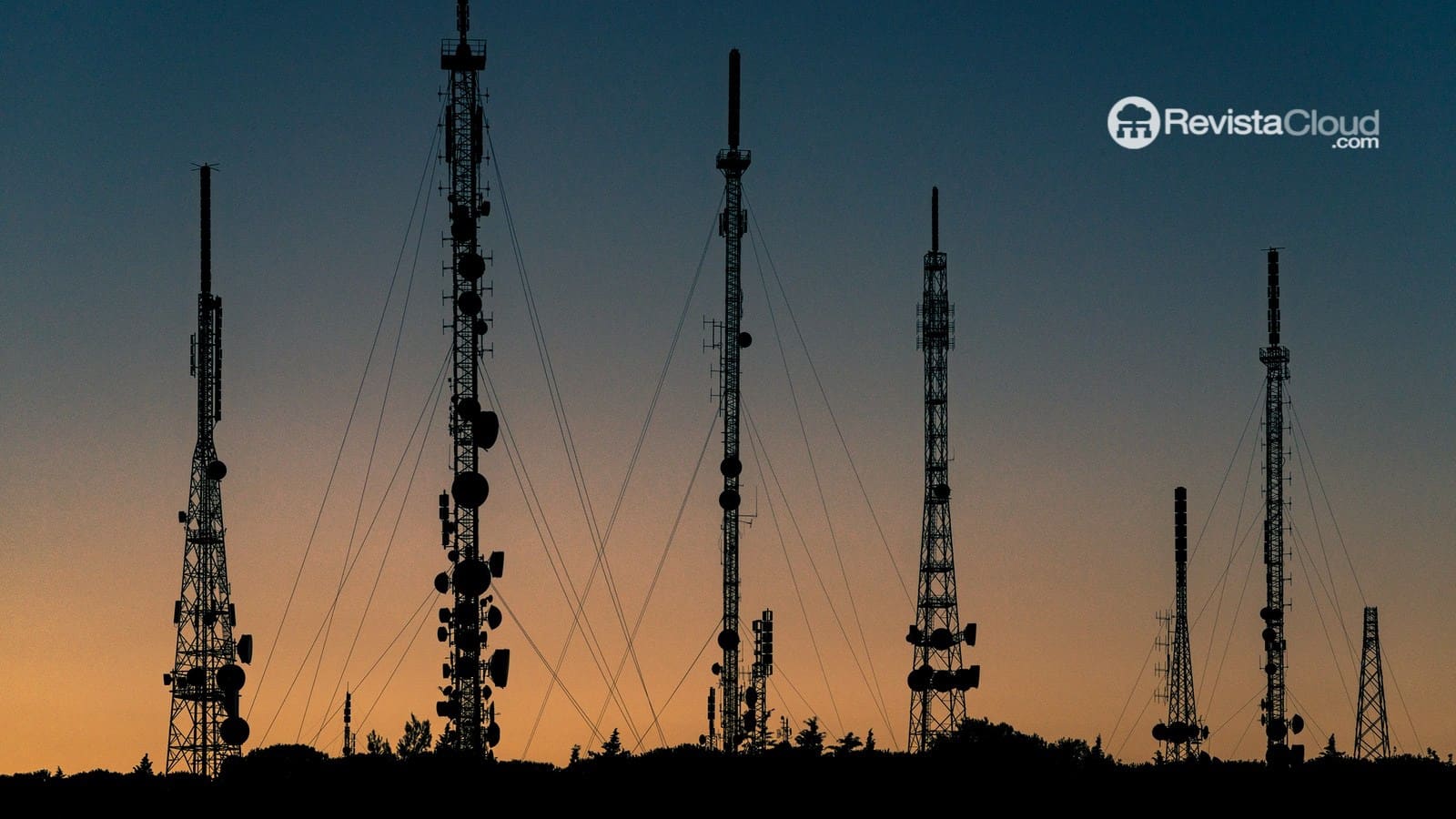The association of alternative operators denounces that the free extension of concessions to Telefónica, Vodafone, Orange, and Xfera favors an oligopoly and hinders the access of new players to 5G.
The National Association of Telecommunications Operators (Aotec) has filed four lawsuits before the National Court against the central government’s decision to extend radio spectrum concessions for ten years to the country’s major operators: Vodafone, Xfera, Orange, and Telefónica Móviles. The measure, adopted on June 20 through four ministerial orders, was justified under the Second Transitory Provision of the General Telecommunications Law, and was implemented without requiring any compensation or economic returns.
Aotec believes that this automatic extension creates a severe market distortion, benefiting operators with greater market share and preventing effective competition. According to estimates from the association itself, the value of the extended concessions has increased by over 1.7 billion euros, without the state or the sector as a whole benefiting from any returns.
“Many of these licenses were granted through a bidding process and are now being extended for a decade without opening the door to new operators or guaranteeing efficient use of the spectrum,” Aotec asserts in its complaint.
A Petition Ignored During the Public Consultation
During the public consultation phase prior to the extension, Aotec proposed that, as a condition for renewing concessions, wholesale market access should be facilitated for mobile virtual network operators (MVNOs) and that underutilized spectrum should be made available. The association finds it particularly concerning that operators, after receiving the extension, chose to pool the use of the 700 MHz band, further restricting the participation opportunities for new players in the 5G rollout.
Since before the pandemic, Aotec has promoted various alternatives to ensure a competitive ecosystem in the 5G arena, warning that a lack of market openness could lead to a new digital divide, just as the rollout of fiber optic networks began to close it in rural and less populated areas.
Mergers, Deregulation, and Oligopoly Risk
Aotec’s legal action takes place in a European context where major operators advocate for consolidation policies, aligned with the White Paper on digital infrastructure published by the European Commission in February 2024. This document calls for reducing fragmentation in the telecommunications market, viewing mergers as a means to achieve supposed “strategic autonomy” in the digital realm.
However, over 800 operators integrated into the European Local Fibre Alliance (Elfa), including Aotec, have already expressed their opposition to this approach. They argue that the diversity of operators does not weaken the European Union but is a key factor for efficiency, innovation, and coverage across the territory, without the need for subsidies or public incentives.
At the same time, Aotec warns of the growing deregulation of markets, driven from Brussels and by major operators, which could eliminate the safeguards that currently allow smaller players to compete under reasonable conditions.
Price Increases in the Wholesale MarCo Offer
In parallel to its legal action before the National Court, Aotec has raised its concerns to the European Commission regarding proposed changes to the wholesale physical infrastructure offer (MarCo) that Telefónica presents under the supervision of the CNMC.
The modification suggests price increases between 11% and 29%, which the association finds unjustified. Aotec asserts that these prices are calculated based on biased data from the dominant operator, incorrectly applying the principles of the EU Gigabit Recommendation, which was designed for new infrastructure.
“These are not new networks. Since 2022, under Article 51 of the LGTel, the MarCo does not incorporate new infrastructures, but is based on municipal networks maintained with joint investment from all operators,” the association argues.
Competition as a Driver of Digital Transformation
In its defense before the CNMC and the European Commission, Aotec emphasizes the crucial role alternative operators have played in the expansion of broadband and the closure of the digital divide. According to the association, competition is the best guarantee of innovation, efficiency, and affordable prices for citizens and businesses.
Amid a scenario marked by mergers, prolonged concessions without bidding, and pressures to reduce regulation, Aotec advocates for a plural and fair model that allows neutral operators to continue to be key players in Spain’s digital rollout.
Source: AOTEC Press Release

